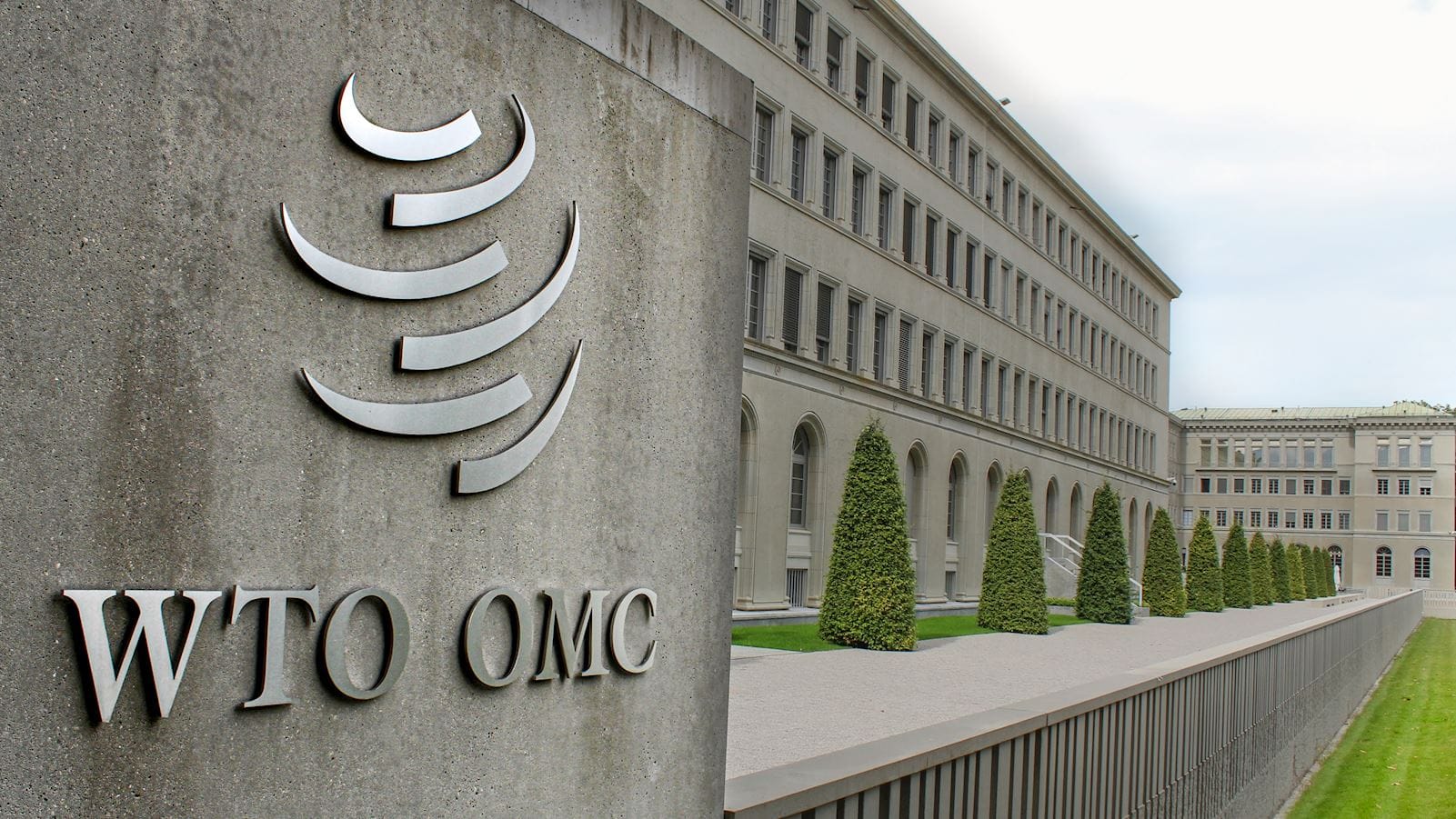China Takes Canada to WTO Over EV and Metal Tariffs
This move marks a significant escalation in trade tensions between the two nations, as China denounces Canada's measures as unfair and detrimental to global trade.
China has officially filed a lawsuit with the World Trade Organization (WTO) against Canada, accusing the country of imposing unjust and protectionist tariffs on electric vehicles (EVs) and key metals. This move marks a significant escalation in trade tensions between the two nations, as China denounces Canada's measures as unfair and detrimental to global trade.
On October 1, Canada enforced a 100% tariff on electric vehicles imported from China, affecting a range of models, including Tesla's Model 3 and Model Y, which are manufactured in China and shipped to Canadian markets. In mid-October, a further 25% tariff will be placed on steel and aluminum imports from China. The Chinese Ministry of Commerce responded by launching a WTO challenge and vowed to conduct its own investigation into what it calls "discriminatory" trade practices.
"These measures are a blatant violation of fair competition and the principles of a market economy," a spokesperson from China’s Ministry of Commerce said in a statement. "They severely disrupt economic cooperation between Chinese and Canadian businesses and threaten the stability of global supply chains."
Canada’s Justification and the Global Response
The Canadian government, however, defended the new tariffs as necessary to protect its growing electric vehicle sector and critical industries. Prime Minister Justin Trudeau cited China's state subsidies, which he argues give Chinese manufacturers an unfair advantage, displacing Canadian workers and industries. The tariffs, he claimed, aim to level the playing field.
"Countries like China have chosen to tilt the scales in their favor through unfair practices, and we can't allow that to undermine Canadian industries. These measures are about ensuring the future of our workers and protecting our industries," Trudeau said in a recent statement.
The global context of this trade dispute has deepened tensions, with the European Union and the United States also taking similar steps against Chinese imports. The EU has proposed increasing tariffs on Chinese EVs to as high as 35%, alongside its existing 10% car import duty. The U.S., meanwhile, has already imposed a 100% tariff on Chinese-made electric cars earlier this year, which many see as setting the stage for Canada's similar action.
Concerns Over EV Prices and Environmental Goals
The tariffs have sparked concerns about their potential impact on Canada's EV market, which is still in its early stages of growth. Critics argue that higher tariffs on Chinese EVs, many of which are priced significantly lower than their competitors, could slow the transition to electric vehicles in Canada, a key part of the country’s environmental strategy.
Andrew Bell, a director with the Electric Vehicle Association of Alberta, voiced his frustration over the new tariffs, calling them a “roadblock” to affordable EV adoption. "This effectively doubles the cost of EVs from China, which are some of the most affordable options on the market right now. It’s a step backward in our efforts to reduce emissions and make EVs accessible to more Canadians."
Bell highlighted BYD's Seagull, a Chinese-manufactured electric vehicle that, at around $13,000 CAD, was the cheapest on the market. With the new tariffs, that price would soar, making it less viable for Canadian consumers looking for affordable, environmentally friendly transportation.
Escalating Trade War Risks
China’s lawsuit at the WTO is expected to prolong the dispute, with Beijing warning of further actions if the issue is not resolved. The Chinese government has expressed concern that these protectionist measures could spark a broader trade war, especially as the European Union and the U.S. continue to consider raising tariffs on other Chinese goods. Analysts are already cautioning that this tit-for-tat escalation could have far-reaching consequences, particularly for industries dependent on global supply chains.
The EV sector is just one part of the broader economic friction between China and Canada, but it highlights growing concerns about the vulnerability of global industries to protectionist policies. The steel and aluminum tariffs, set to take effect later in October, add another layer of complexity, particularly in light of Canada’s significant reliance on Chinese metals for manufacturing.
"The global EV market is highly interconnected, and any disruption in one area can have ripple effects across the industry," said one analyst. "If this trade conflict continues to escalate, it could lead to higher costs and delays in the production of EVs worldwide, not just in Canada."
What’s Next?
As China and Canada prepare for a potential legal battle at the WTO, the outcome could set a precedent for future trade disputes involving electric vehicles and critical materials. While Canada maintains that its tariffs are necessary to protect its industries, China is pushing back hard, warning of broader economic consequences if an amicable solution is not reached.
The stakes are high not only for the two countries but also for the global green technology market, where China plays a leading role in EV production and raw material supply. The unfolding dispute underscores the challenges of balancing national economic interests with the push for environmental sustainability in a highly competitive global market.
For now, both nations appear to be digging in, with no immediate resolution in sight. The question remains: can Canada and China find common ground, or is this just the beginning of a deeper trade conflict?






